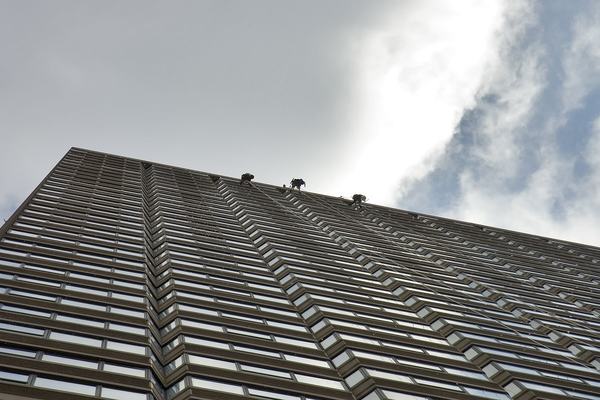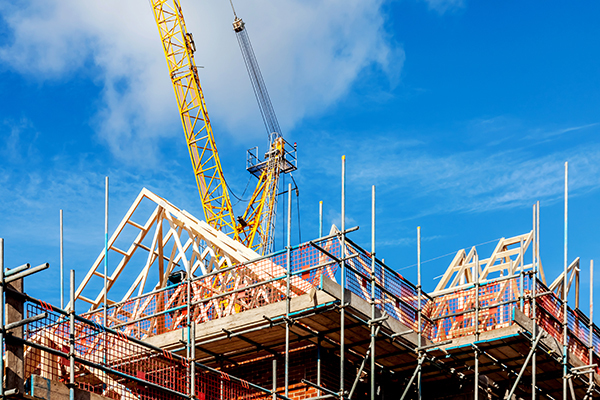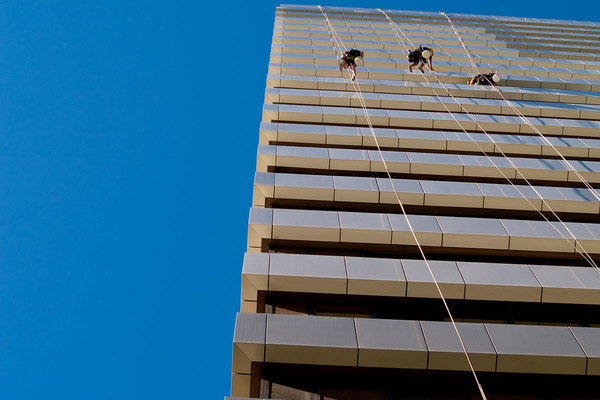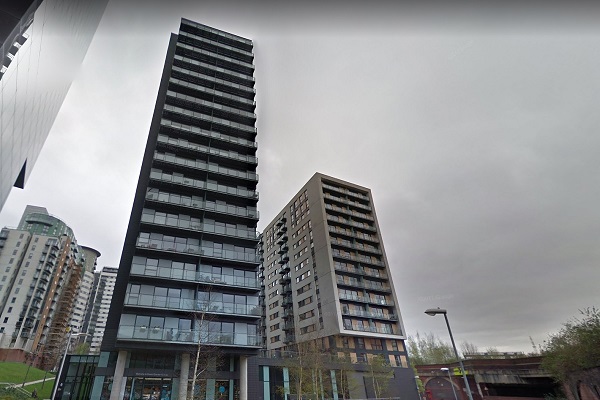You are viewing 1 of your 1 free articles
House builder puts aside £30m for cladding removal as results show boosted profits
Taylor Wimpey says it has set aside £30m to replace dangerous cladding as it announced half-year results which showed a sharp rise in pre-tax profit.
The firm, which has 24 offices across the UK, announced profit before tax of £301.8m for the six months to 1 July 2018.
This was up from £205m in the same period a year earlier as demand for homes remained strong.
It also said it has put aside £30m for the removal of aluminium composite material (ACM) cladding from tower blocks built around the UK. It said it was taking this step because it was “morally right”, not due to legal responsibility.
“While each example is slightly different, and this is an exceptionally complex issue, we have in a number of cases agreed to support customers both financially and practically with removal and replacement plans, even though the buildings concerned met the requirements of building regulations at the time construction was formally approved,” it said in a statement.
“We have taken this decision for buildings constructed recently because we believe that it is morally right, not because it is legally required. Our primary goal in doing this is seeking to ensure that any work is undertaken properly and promptly, but also to ensure that customers are not impacted by bills that are significantly greater than normal maintenance.”
The announcement follows a tribunal decision last week which ruled leaseholders should pay £3m for the removal of cladding from a block developed by Lendlease in Manchester.
The government has declined to cover the costs of cladding removal on privately owned towers but has told private builders to “do the right thing” and cover the costs.
Alongside Taylor Wimpey, Barratt Developments, Legal and General and Mace have all said they will pay for work to remove cladding, while warranty provider the National House Building Council agreed to fund the removal from New Capital Quay in Greenwich.
In a statement on the results, Taylor Wimpey said: “Customers continue to benefit from a competitive mortgage environment, low interest rates and the Help to Buy scheme.
“Despite some wider uncertainty in the UK economy and the ongoing Brexit negotiations, we have seen no material impact on customers’ ability or desire to purchase a new home with Taylor Wimpey in 2018.”
Completions were down slightly in the first half of this year, at 6,497 compared to 6,648 a year earlier.
But average private sale price grew by £8,000 to £295,000 while the firm’s UK order book on 1 July covered 9,241 homes, up from 8,741.
The firm delivered 1,513 affordable homes in the first half of this year, up 11% on the same period a year earlier. Its affordable housing order book grew by 23% over the same period to 4,047 homes.
Pete Redfern, chief executive, said the company was in line to deliver on board expectations for the full year.
“With a strong order book in place, we are confident in our prospects for the remainder of the year and looking further ahead.
“Improving the efficient use of our land, and improving all key processes over the next five years, will enable us to deliver more homes and a high-quality product and service to our customers and communities and increased value for shareholders.”



